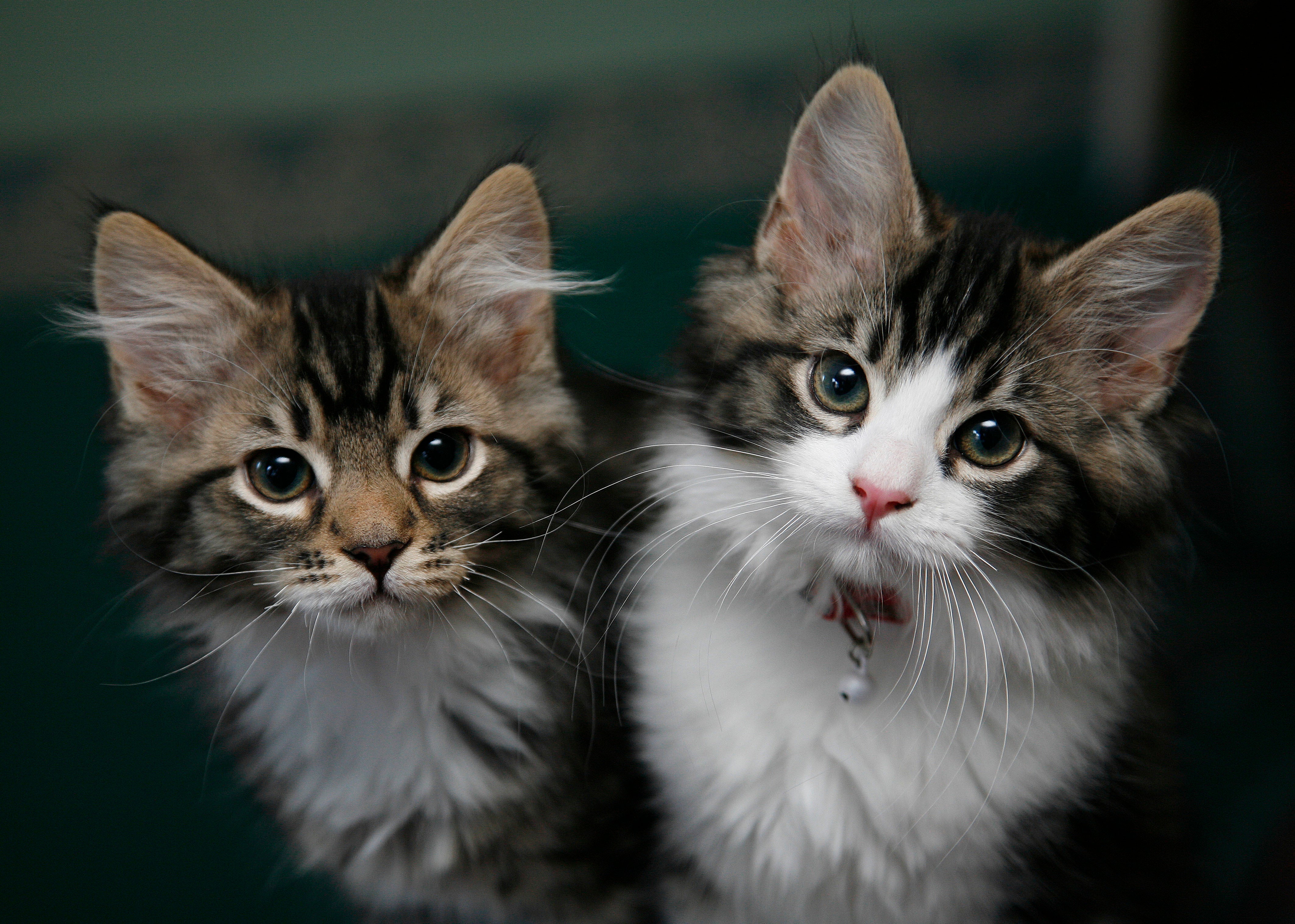Dogs and cats ‘passing on antibiotic-resistant superbugs to owners’
Drug-resistant infections kill around 700,000 people a year globally

Dogs and cats are passing antibiotic-resistant “superbugs” to their owners, a new study suggests.
A pet in the UK and several in Portugal were found carrying similar antibiotic-resistant bacteria to their owners.
These could include E. coli bacteria and another linked with pneumonia, say scientists.
They are calling for households with pets to be included in programmes to counter the spread of antimicrobial resistance, as it reaches dangerously high levels across the world.
Drug-resistant infections kill around 700,000 people a year globally, a number projected to rise to 10 million by 2050 if no action is taken, leading the World Health Organisation (WHO) to dub it one the greatest public health threats facing humanity.
Dogs, cats and other pets are already known to contribute to the spread of antibiotic-resistant pathogens that can cause human disease. But until now it was unclear whether infected pets were actually sharing the pathogens with their owners.
Stool samples from dogs, cats and their owners were tested for common-antibiotic-resistant Enterobacterales, which include E. coli and Klebsiella pneumoniae.

Experts particularly focussed on bacteria resistant to antibiotics WHO deems “the most critically important” for human medicine - those used to treat meningitis, pneumonia and sepsis, known as third-generation cephalosporins.
Additionally, they searched for bacteria resistant to carbapenems, used as a last line of defence when all the others have failed.
Ms Menezes, a University of Lisbon PhD student, said: “In this study, we provide evidence that bacteria resistant to a third generation cephalosporins, critically important antibiotics, are being passed from pets to their owners.
“Dogs and cats may aid the spread and persistence of such bacteria in the community and it is vitally important that they are included in assessments of antimicrobial resistance.
“Owners can reduce the spread of multidrug-resistant bacteria by practising good hygiene, including washing their hands after collecting their dog or cat’s waste and even after petting them.”
The team studied five cats, 38 dogs and 78 humans from 43 households in Portugal. From the UK, seven dogs and eight humans from seven households were also picked.
Of the entire group, three cats, 21 dogs, and 28 owners tested positive for bacteria resistant to key third generation cephalosporins.
In eight households, both pet and owner were carrying Enterobacterales. Two were homes with cats, six with dogs
In six of these homes, the bacteria DNA in pet and owner was similar, meaning the disease had likely passed between animals and humans.
It remains unclear whether bacteria was transferred from pet to human, or vice versa.
Of the UK cohort, one dog was colonised by a multi-drug resistant E. coli strain, which powers the most “critically important”, last-line-of-defence antibiotics, and others.
In Portugal, a dog was found carrying the same bacteria resistant only to third generation cephalosporins.
Another Portuguese dog suffered an E. coli strain that encourages antibiotic resistance.
All of the pets were treated for their conditions. The owners were not sick and left without treatment.
The research will be presented at European Congress of Clinical Microbiology & Infectious Diseases (ECCMID) in Copenhagen, Denmark between April 15 and 18.
SWNS
Join our commenting forum
Join thought-provoking conversations, follow other Independent readers and see their replies
Comments
Bookmark popover
Removed from bookmarks